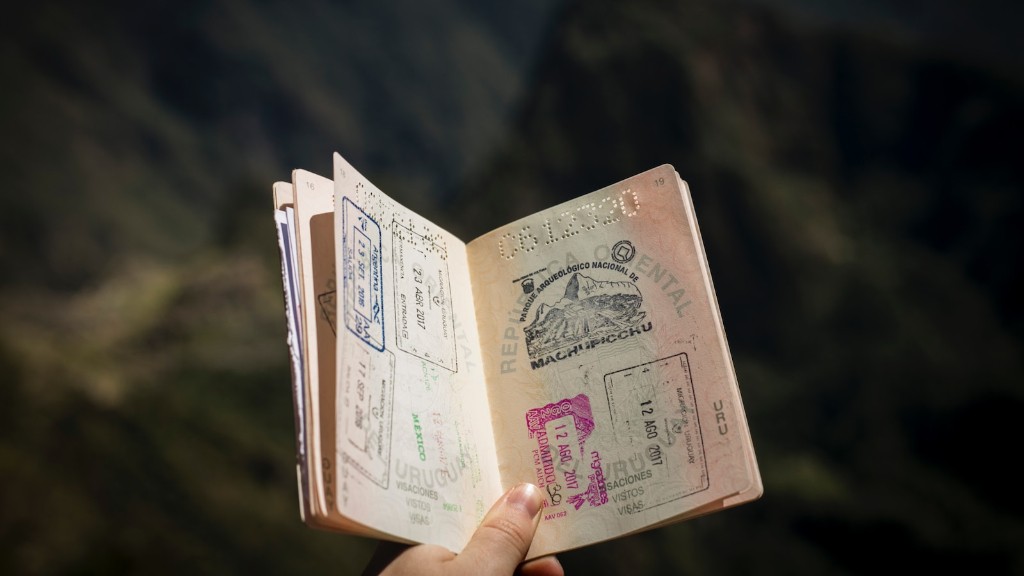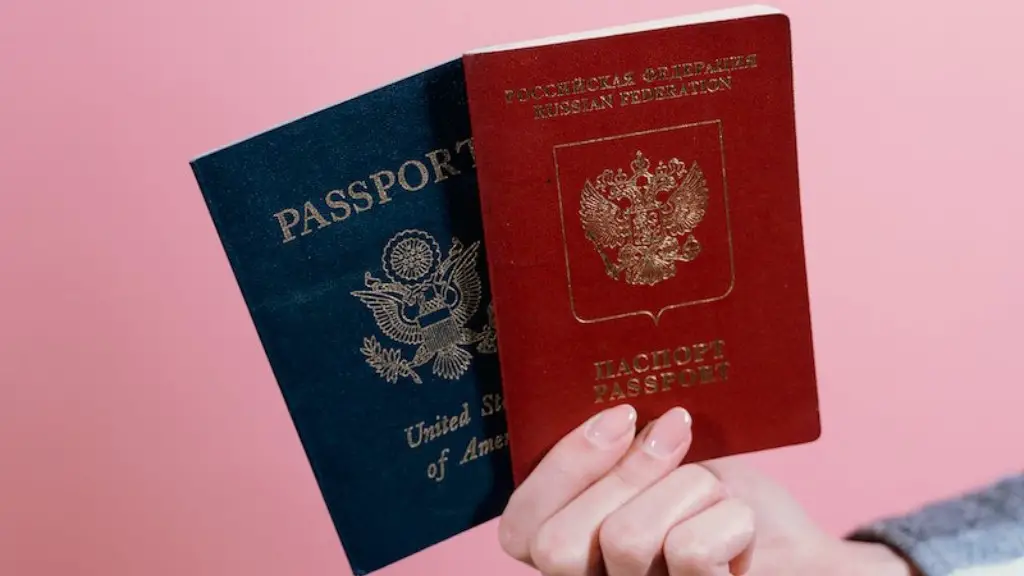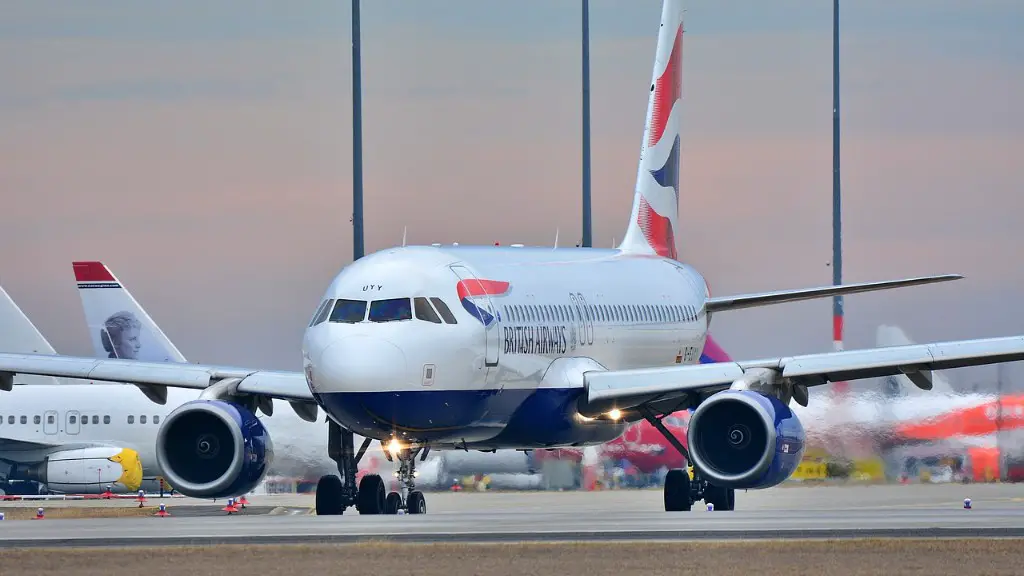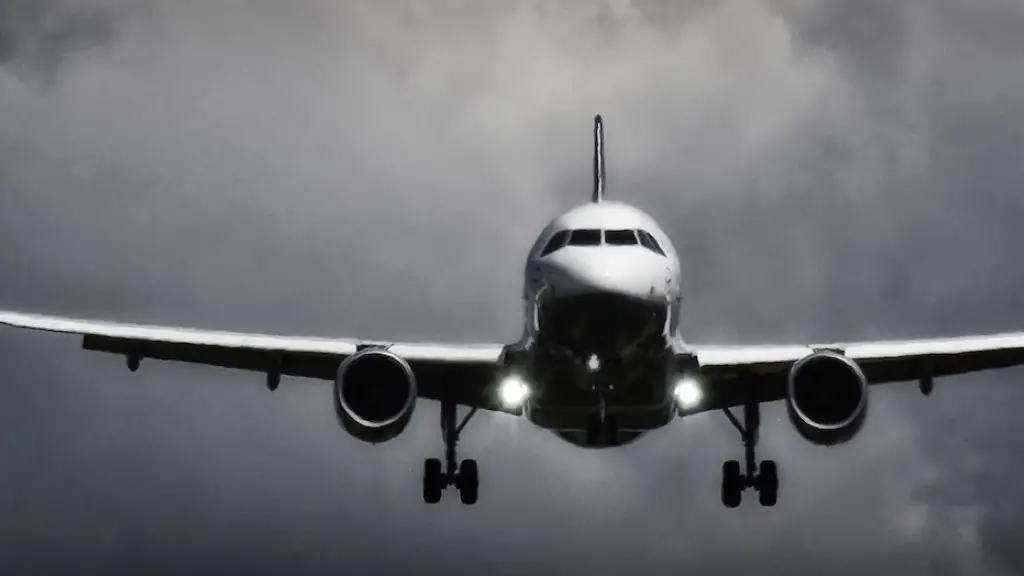Most international students in the United States hold F-1 visas, which allow them to study full time at an accredited university or college. In general, students on F-1 visas are not permitted to work off-campus. However, there are a few exceptions. For example, students may be able to obtain permission to work through the Curricular Practical Training (CPT) program. Additionally, students can apply for Optional Practical Training (OPT), which allows them to work in their field of study for up to 12 months. Finally, students who have completed their studies may be eligible for the H-1B visa, which allows them to work in the U.S. for up to 6 years.
Yes, students on F1 visas are able to travel outside of the United States. However, they must maintain their full-time student status in order to retain their visa status and should consult with their school’s international student office before making any plans to travel.
Can I travel to other countries with F1 visa?
As an international student on an F-1 visa in the United States, you are allowed to travel internationally outside the country and domestically within the country. However, it is important for you to be aware of and comply with US immigration regulations, especially when traveling outside the country, to ensure a smooth and trouble-free experience.
It is important to note that with an F1 visa, you are allowed to be out of the United States for up to five months. Your SEVIS record will reflect your absence during this time. Once you return, your DSO will activate your record again. If you are absent from the United States for more than five months, your SEVIS record will be terminated.
Can F-1 students leave us and come back
Automatic visa revalidation is a great way for F-1 students to take a quick trip to a neighboring country without having to apply for a new visa. However, it is important to remember that you must have all of the proper documentation with you and that you cannot have applied for a new visa during your trip.
Students in F-1 status who spend less than 30 days in one of the following countries can use automatic revalidation: Canada, Mexico, Saint Pierre, Miquelon, the Dominican Republic, Haiti, Bermuda, the Bahamas, Barbados, Jamaica, the Windward and Leeward Islands, Trinidad, Martinique, and other British, French, and Dutch territories in the Caribbean. Automatic revalidation allows students to re-enter the United States with a expired F-1 visa as long as they meet certain criteria.
What is the 5 months rule F-1?
If you are an F-1 student and you are absent from the United States for more than five consecutive months, your SEVIS Record will be terminated. You will need to reapply for a new student visa and pay the SEVIS fee again.
The five month rule is a regulation that requires students to be present in classes or in status for five months out of the year in order to maintain their record in the Student and Exchange Visitor Information System (SEVIS). This rule is designed to ensure that students are making progress towards their academic goals and not spending extended periods of time away from their studies. If a student is away from classes or their status for five months or more, their record will be terminated and they will be required to leave the United States.
What are the restrictions of F1 visa?
If you want to study in the United States on an F-1 visa, you will need to follow some rules and restrictions. For example, you can only work part time on campus while your academic term is in session. You can also only work a maximum of 20 hours per week. However, you may be able to work off campus with the approval of your university.
The 90-day rule, also known as the “marriage penalty”, is a controversial policy that affects many immigrants who come to the United States on a temporary visa. The rule states that if a person marries or applies for a green card within 90 days of arriving in the United States, they are automatically presumed to have misrepresented their original intentions. This can lead to serious consequences, including being denied a green card or being deported. The 90-day rule has been criticized by many as unfair and unjust, and there have been calls for it to be reformed or even abolished.
Are F-1 visas terminated during the 5 month rule
This rule is beneficial for F-1 Visa holders as it allows them to take a leave of absence from their studies for up to 5 months without having to worry about their visa status. This is a great opportunity for students to take a break from their studies and enjoy their time off, without having to worry about their academic progress or their visa status.
US Immigration law is very strict when it comes to individuals who stay in the country without a valid status. If an individual is found to be in the US for more than 180 days without a valid status, they are banned from returning to the US for at least 3 years. If an individual is found to be in the US for more than 1 year without a valid status, they are banned from returning to the US for at least 10 years.
Can I go to Mexico with F1 visa?
The F1 visa grants visa-free entry to Mexico for foreign students from US universities. These students will have to show proof of a valid F1 visa to legally cross Mexican borders, irrespective of his/her nationality and citizenship.
If you fail a required course, you will have to take it again. However, if it is your last quarter and you need fewer than 12 units to complete the program, you can drop below the 12 units minimum during that quarter only.
When can F-1 students travel
Entering the United States more than 30 days in advance is not permitted for students on F or M visas. If you wish to enter earlier than 30 days before your start date, you must separately apply and qualify for a visitor (B) visa.
To be able to enter the United States, you will need to have a valid passport, I-20 form, and F-1 visa. Your passport must be valid for at least six months after the date you intend to enter the United States. The I-20 form is a certificate of eligibility for nonimmigrant student status. The form is issued by a school that has been approved by the US government to enroll international students. The F-1 visa is a nonimmigrant visa that allows you to enter the United States as a student.
Can I work 40 hours a week on F-1 visa?
An F-1 student may work on campus up to 20 hours per week while school is in session, but full-time during holidays and annual breaks.
You can apply for an F-1 visa up to 120 days before your program of study starts.
Warp Up
A student on an F1 visa is allowed to travel outside of the United States as long as they maintain their student status. They must have a valid passport, I-20 form, and a student visa.
There is no definitive answer to this question as the regulations for F1 visas are constantly changing and evolving. However, as of right now, it appears that students on F1 visas are allowed to travel outside of the United States as long as they maintain their student status and do not exceed the duration of their stay. It is always best to consult with an immigration lawyer or the US embassy before traveling to ensure that you are in compliance with the most current regulations.





